Cities across Tennessee offer ways to explore black history, culture
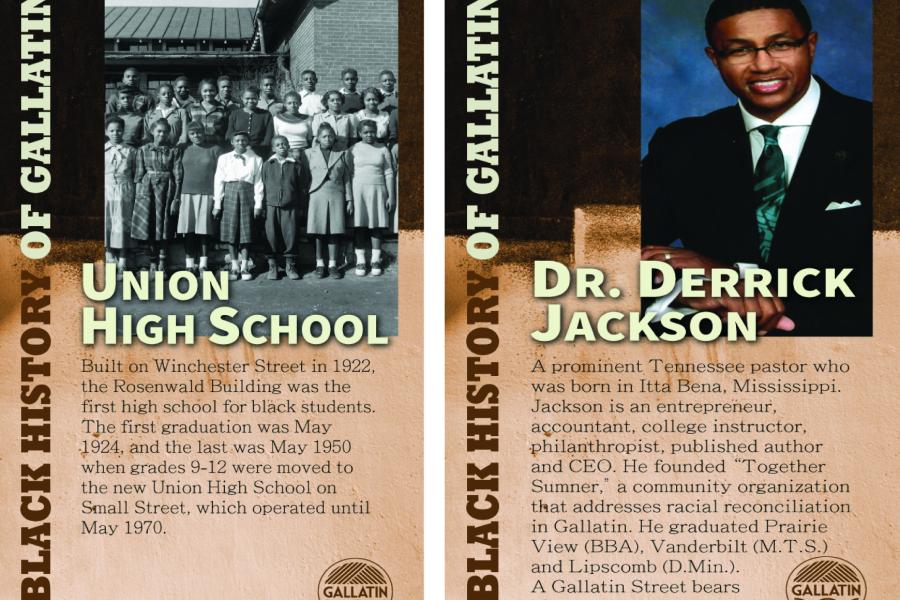
BY KATE COIL
TML Communications Specialist
Throughout the month of February, cities across the state of Tennessee have plenty of ways for residents and visitors to explore local, state, and national black history and culture.
From arts and entertainment to sports to education and history, historic sites and cultural events being held across Tennessee show how black Tennesseans have contributed to strengthening the overall fabric of the state and made their mark both in individual communities and on the nation and world.
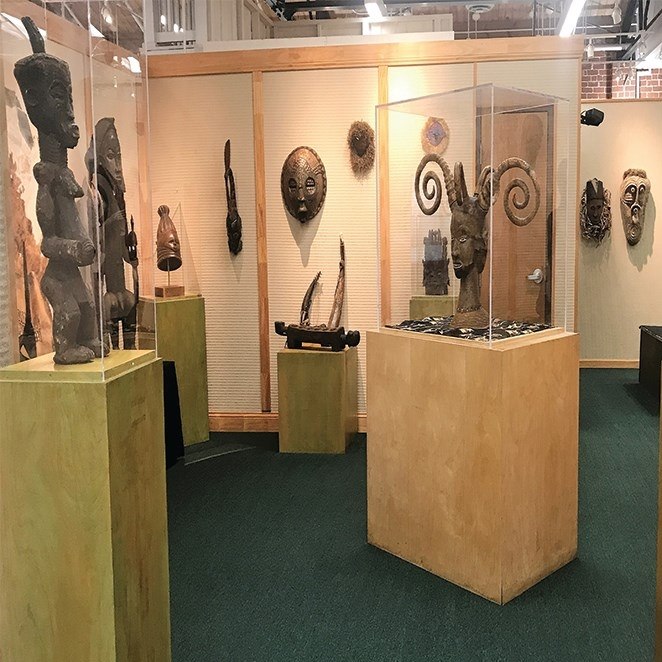
Here are just a few places where Tennessee’s black history is on display:
BRISTOL
The Birthplace of Country Music Museum in Bristol had Dr. William H. Turner and Dr. Ted Olson highlight their speaker series with a discussion of the history of black life and music in Appalachia. The discussion included the Sepia Tones podcast, how the Harlem Renaissance influenced life in Appalachia coal towns, and how black culture in Appalachia can provide us a richer, deeper understanding of the region’s history as a whole.
CHATTANOOGA
The Bessie Smith Cultural Center and African American Museum in Chattanooga will host a month’s worth of in-person and virtual speaker events and programming as well as site tours. The museum has recently opened its second phase featuring exhibits dedicated to artists with Chattanooga connections including Montego Glover, Usher, Kane Brown, Bessie Smith, The Impressions, and more.
Culture Books and Rhyme N Chatt Interactive Poetry will also host the Chattanooga Black History Festival on Feb. 18, featuring vendors, authors, interactive activities, cultural food, and performances.
Chattanooga’s Tennessee Riverwalk Park includes both murals honoring the city’s black history as well as a sculpture honoring Ed Johnson and his lawyers Noah Pardon and Styles Hutchins. Johnson was killed by an angry mob after the Supreme Court ruled to delay his execution because evidence indicated he was falsely convicted based on racial prejudice. The result was United States v. Shipp, the only criminal case ever heard by the U.S. Supreme Court.
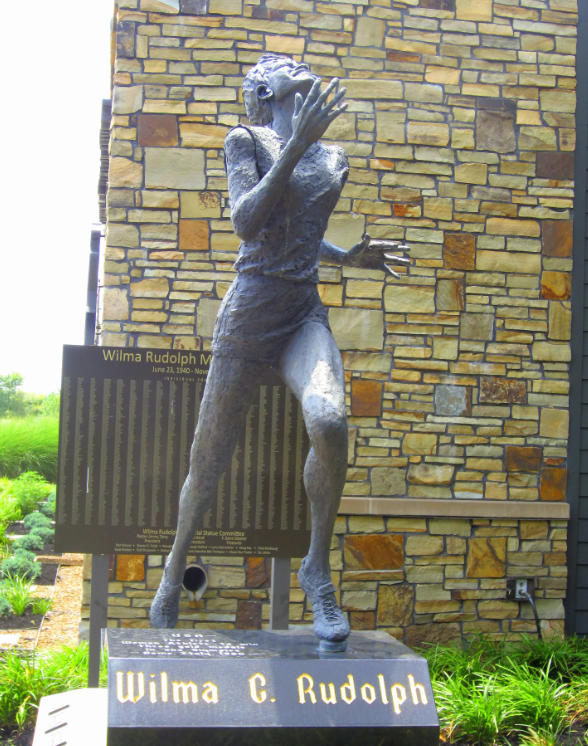
CLARKSVILLE
The Clarksville African American Legacy Trail contains 24 stops through the city including community gardens, historic churches, athletic fields, musical venues, and businesses. Each stop on the self-guided focuses on black trailblazers in Clarksville including classical violinist Clarence Cameron White, fine arts painter Emma Lee Moss known as the “Black Grandma Moses,” professional baseball pitcher Steve Wylie, Olympic track and field star Wilma Rudolph, Dr. Robert T. Burt who established the city’s first hospital open to all races, educator Bailey Cobb, and local business owners Nace and Nannie Dixon.
Visitors can also learn more about Clarksville’s black history at the Wilbur N. Daniel African American Cultural Center at Austin Peay University, named for the school’s first black student who was later an influential minister in Chicago and in the Baptist faith.
From Feb. 6-12, Clarksville hosted its BLK Clarksville Week, a celebration of the city’s black owned businesses, culture, and community.
CLINTON
The Green McAdoo Cultural Center in Clinton tells the story of 12 high school students who integrated Clinton High School in 1956 following the historic Brown vs. The Board of Education decision. The museum follows the story of the integration efforts, a resulting bombing of the high school, and how the community ultimately came together. The site is the former all-black high school in Clinton, named for the U.S. Army veteran and Cleveland native Green McAdoo and is both on the U.S. Civil Rights Trail and the National Register of Historic Places.
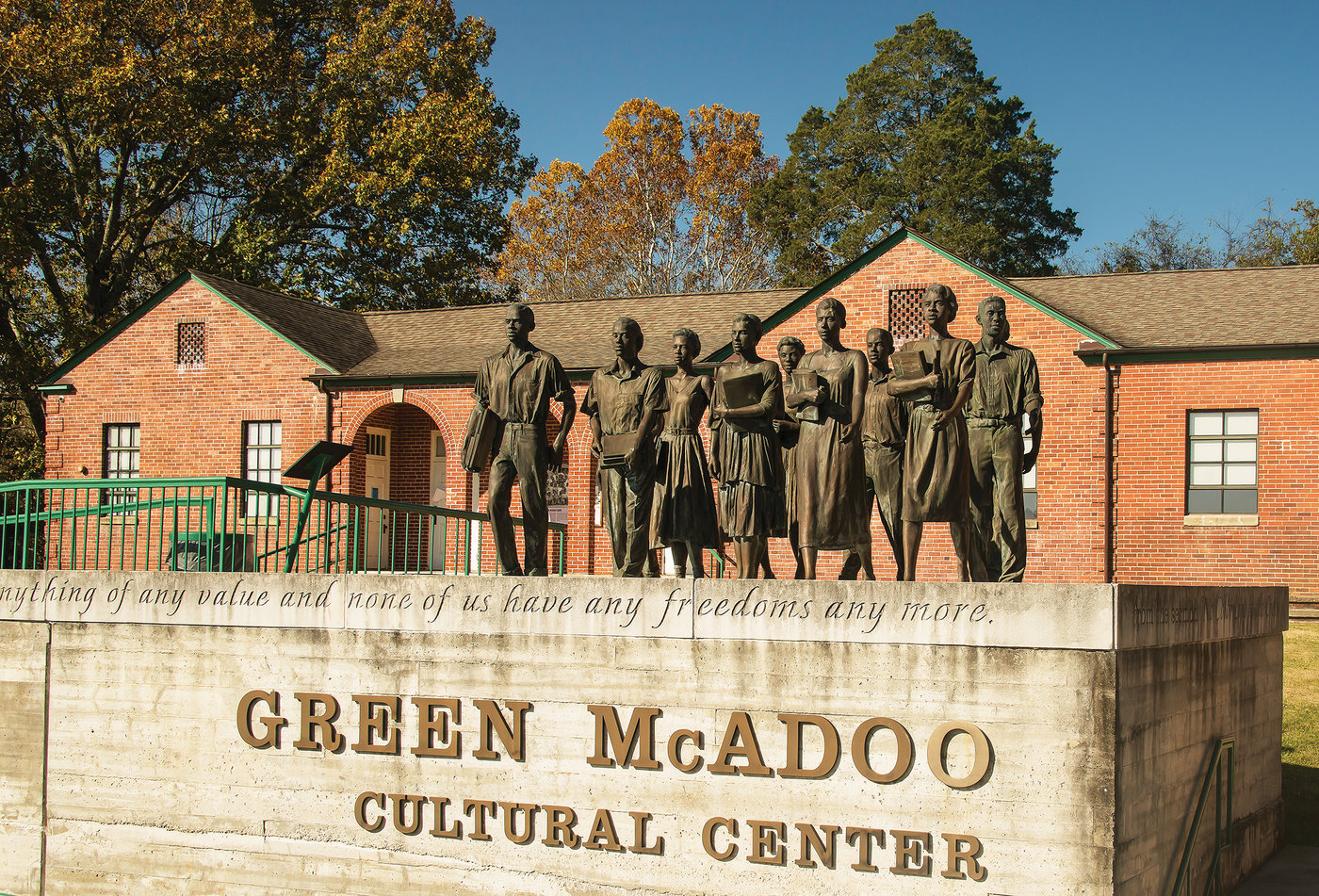
FARRAGUT
The Farragut Museum is hosting Bright Star Touring Theatre for a Black History Month celebration titled “Groundbreaking Geniuses.” The performance will be held at 2 p.m. on Feb. 26 and will feature the stories of black inventors, artists, and thinkers including Ralph Ellison, Maya Angelou, and Alvin Ailey.
GALLATIN
The city of Gallatin is celebrating Black History Month with avenue banners honoring 16 influential black residents of Gallatin. The banners show a cross-section of life in Gallatin including pharmacist Dr. William Wilson; nonprofit founder Fred Bailey’ first African American female Councilwoman Dr. J. Deotha Malone; U.S. Army Deputy to the Commanding General Dr. Eric Moore; civic, church and telecommunications leader Rev. Hillary Wattwood Kay; baseball player William “Bubba” Dunn, James Herbert White; and second tallest man in history John “Bud” Rogan to name a few.
Other markers honor local educators, business owners, and pastors as well as two important black history sites in Gallatin: the site of the Colored Fair, the first African-American owned agricultural fairground in America, and Union High School, a Rosenwald school that was the first for black students.
Visitors can also visit the Union High School Resource Center exhibit at the Gallatin Shalom Zone, the former Union High School, which serves as a community gathering space that provides educational and family resources.
HENNING
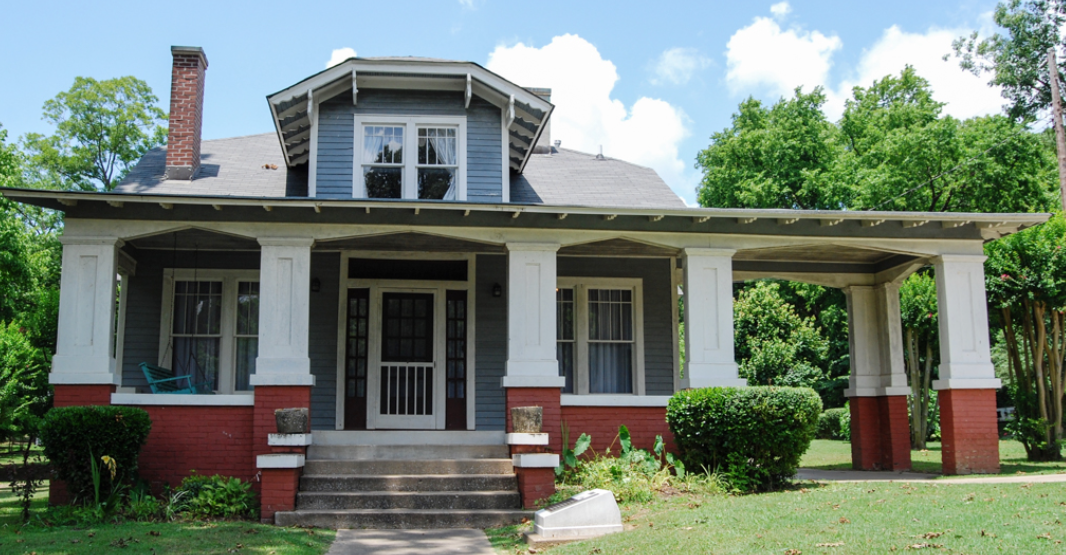
The Alex Haley Museum and Interpretive Center in Henning details the people, places, and events that inspired Haley’s landmark book Roots: The Saga of an American Family that inspired generations of African-Americans to seek out their own genealogical heritage. Henning’s boyhood home in Henning explores African-Americans through the story of Haley’s own family and his life interviewing and writing about instrumental figures in black history.
In addition to Haley’s own story, the museum offers genealogical resources to help others trace their own roots. The museum is both on the National Register of Historic Places and recognized as an American Writers Museum affiliate.
KNOXVILLE
The free, self-guided Knoxville African American Heritage Tour takes visitors to 11 important stops across the city. These include the intersection of Central Street and Jackson Avenue that was the site of numerous black-owned businesses, the Green Magnet Math and Science Academy that sits on the site of the former Green School or Knoxville Colored High School, Knoxville College, the Blount Mansion, and Cal Johnson Park, dedicated to a former slave who became one of Knoxville’s leading businessmen.
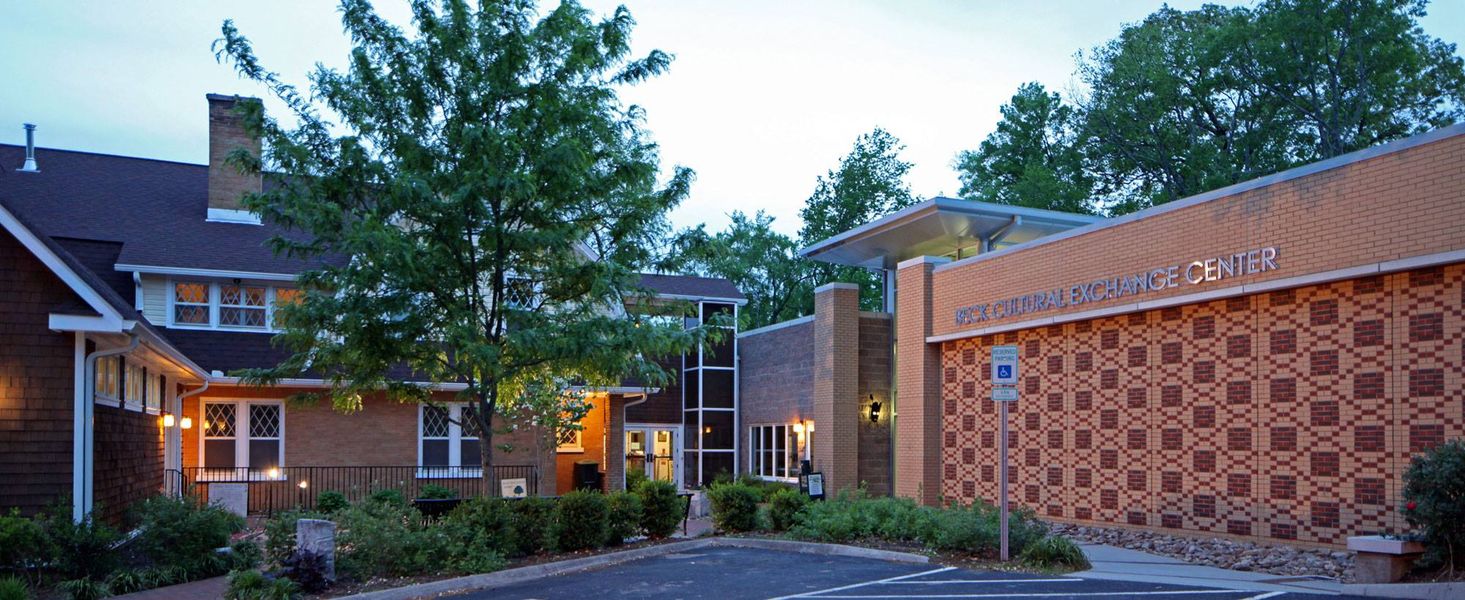
Historic theatres in the city include the site of the former Gem Theatre, the Carpetbag Theatre, the historic Tennessee Theatre, and the Bijou Theatre, the first integrated theatre in Knoxville. The Knoxville Museum of Art also features works by African-American artists and the Emporium Center showcases the work of more modern artists.
The Beck Cultural Center in Knoxville is also the focal point of many of the city’s Black History Month festivities. Located in the former home of influential community members James and Ethel Beck, the site showcases and preserves African-American achievement and culture in Knoxville. The East Tennessee History Center contains the McClung Historical Collection as well as permanent and rotating exhibits about local history.
The Women’s Basketball Hall of Fame is the only facility of its kind in the world and honors the first African American women’s basketball teams, members of the WNBA, and other important contributors to the sport.
MCMINNVILLE
The city of McMinnville is home to the Black History Museum of Warren County, an organization that was founded by Wayne Wolford Sr. to preserve the unique and rich black history of the area. Open Tuesday through Saturday, Wolford offers personal tours of the museum and its collections. The museum highlights the contributions of local veterans, professional athletes, cartoonists, police officers, government officials, ministers, and community leaders. The museum also hosts speaker events and provides youth activities.
MEMPHIS
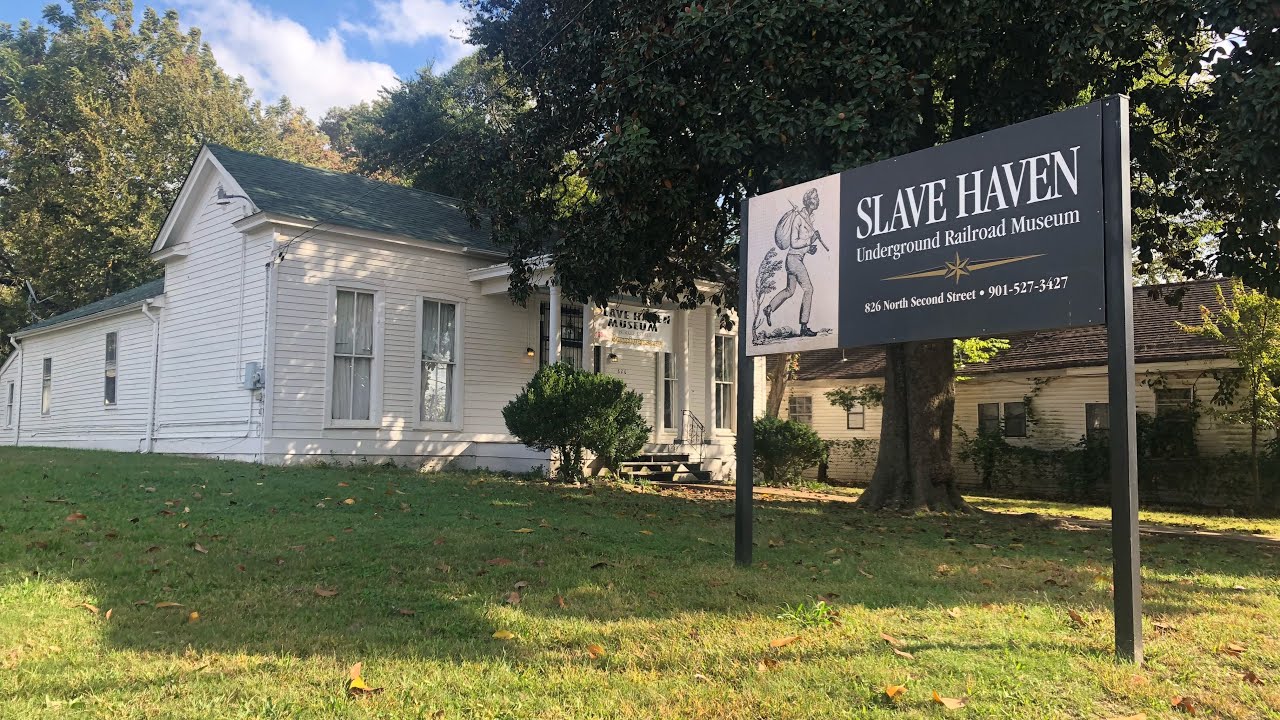
The National Civil Rights Museum at the Lorraine Motel in Memphis showcases artifacts from five centuries of African-American history into the modern era while the I Am A Man Plaza commemorates the Memphis Sanitation Workers Strike that brought Dr. Martin Luther King Jr. to Memphis in 1968. The Dr. Martin Luther King Jr. Reflection Park was inspired by the “I Have Been to the Mountaintop” Speech. Other sites in Memphis associated with the Civil Rights Movement include the Mason Temple Church of God in Christ, Beale Street, and the WDIA Radio Station.
The Slave Haven Underground Railroad Museum in Memphis at the historic Burkle Estate showcases how runaway slaves journeyed to freedom while the Cotton Museum at the Memphis Cotton Exchange provides historical and economist context. The First Baptist Beale Street is the first church founded by freedmen and women in 1865 and near the Ida B. Wells Statue and Plaza. Tom Lee Park is named for a local hero who rescued 32 strangers from a steamship crash in the Mississippi from a rowboat despite being unable to swim himself.
Arts and entertainment venues including the Hattiloo Theatre, Orange Mound Gallery, and Ernest Withers Collection Museum and Gallery give insight into the artistic contributions of Memphis’ black community both past and present. In addition to Beale Street itself, music fans can visit the W.C. Handy House Museum, Memphis Music Hall of Fame, Memphis Rock and Soul Museum, Sun Studio, the Stax Museum of American Soul Music, and the Blues Hall of Fame.
NASHVILLE
The National Museum of African American Music (NMAAM) offers a guide to how black Americans have contributed to music from African roots to modern styles like funk, disco, R&B, and rap. The Fisk University Aaron Douglas Gallery showcases work from the Harlem Renaissance while the Carl Van Vechten Gallery of Fine Arts showcases modern work. Performances by Fisk’s famed Jubliee Singers le to Queen Victoria dubbing Nashville “Music City.”
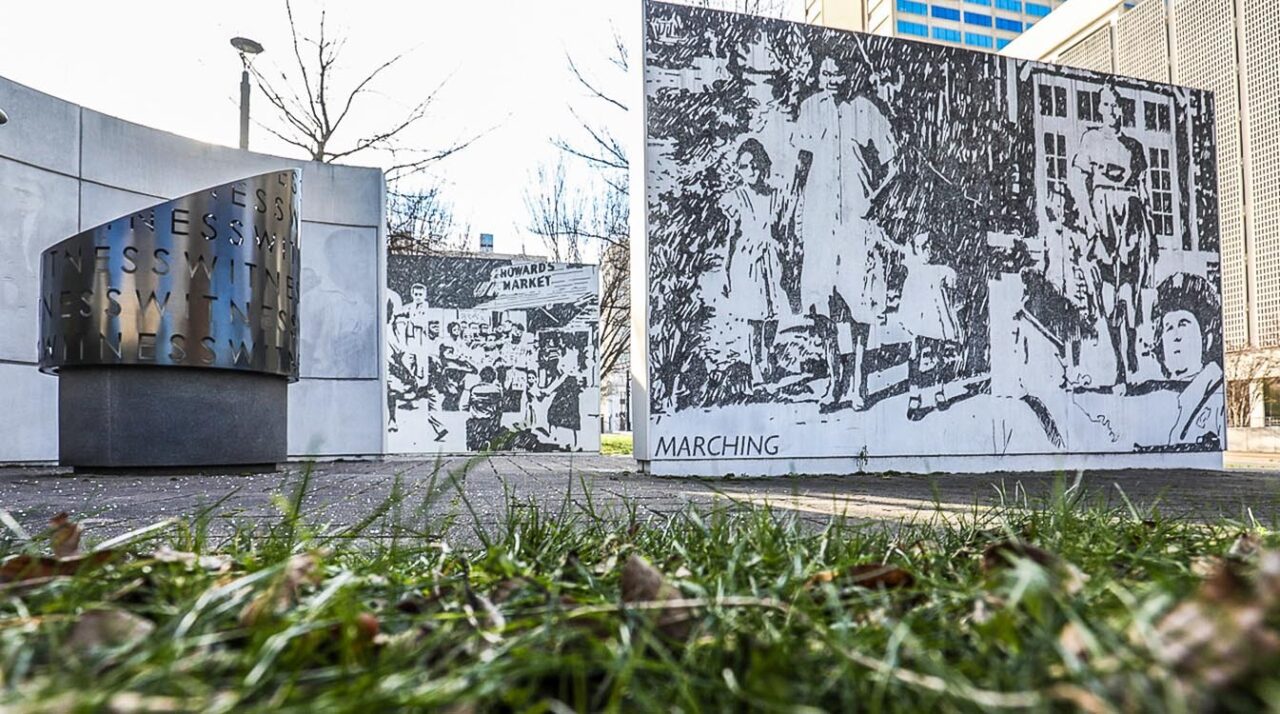
The Jefferson Street business district in Nashville is an anchor for the city’s black community past and present. It also houses the Jefferson Street Sound Museum that showcases how the business district brought in musical legends like Little Richard, Jimi Hendrix, Etta James, Ray Charles, and Aretha Franklin. Other musical contributions can be found at the Nashville Musicians Hall of Fame.
The Nashville Public Library’s Civil Rights Room showcases the history of the Civil Rights movement in the city. After a visit to the library, visitors can also check out important places in the movement including the Fisk and TSU campuses, the historic Metro Courthouse and its Witness Walls, Clark Memorial United Methodist Church, Griggs Hall at American Baptist College, and the former Woolworth’s building that was the site of the Nashville sit-ins.
The Tennessee State Museum is hosting a special highlights tour of black history in Tennessee with special curator tours as well as an exhibit titled “A Better Life for their Children” focusing on the Rosenwald Schools located in Tennessee. The museum is also hosting a month-long Lunch and Learn series focusing on black entrepreneurship in the city, highlighting Andre Prince Jeffries of Prince’s Hot Chicken, Dr. Ladonna Boyd of R.H. Boyd Publishing Corporation, Cheryl McKissack Daniel of McKissak and McKissak, and Shirley Peace Cobbins and Darrell Cobbins of Peace Realty & Universal Commercial.

